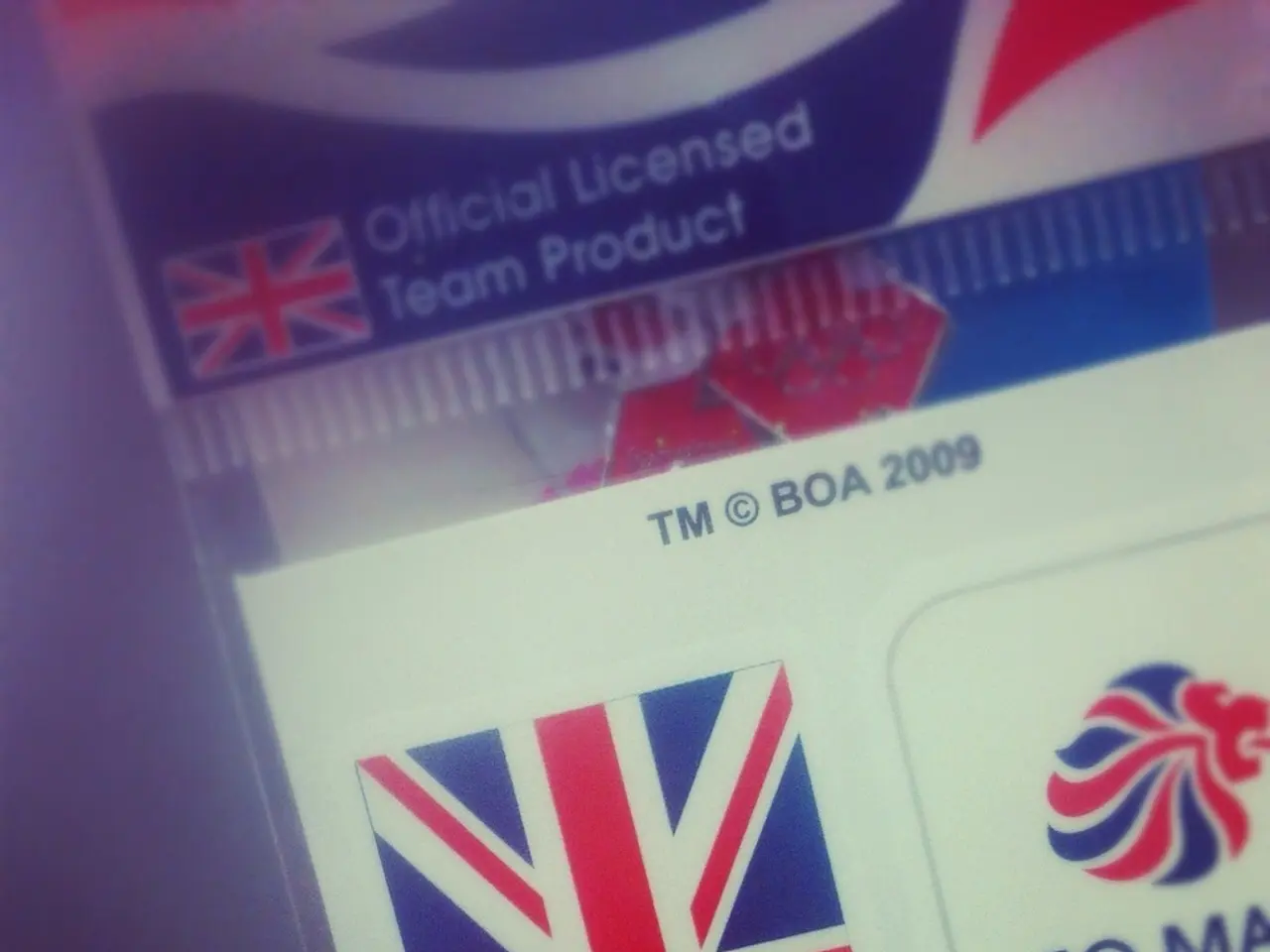Bundestag Discussions This Week
The German government is pushing forward with the implementation of the Financial Market Digitization Act (FinmadiG), a comprehensive legislative framework designed to harmonize and enhance regulations in the digital financial market. This act, also known as the "Finanzmarktdigitalisierungsgesetz" (FinmadiG), focuses on cryptocurrencies, digital assets, and operational resilience, addressing cybersecurity, digital resilience, and money laundering risks.
One of the key components of the FinmadiG is its alignment with EU regulations. The act will align German regulations with the EU's MiCAR (Markets in Crypto-Assets Regulation), providing a uniform set of rules for crypto assets across Europe. This includes the regulation of crypto service providers and the categorization of crypto assets under MiCAR, which will be directly covered by MiCAR rather than being listed as financial instruments under the German Banking Act (KWG).
Another significant part of the FinmadiG is the Digital Operational Resilience Act (DORA). This package focuses on enhancing cybersecurity and digital operational resilience in the financial sector. It aims to improve the ability of financial institutions to withstand and recover from cyber-attacks and other ICT disruptions.
The FinmadiG also introduces a new term, "cryptographic instruments," to cover assets not regulated by MiCAR, such as security tokens. This distinction ensures that assets falling outside MiCAR's scope remain regulated under national laws like the KWG and the German Securities Institutions Act.
In terms of cybersecurity and digital resilience, the DORA package within FinmadiG is designed to strengthen the digital resilience of financial institutions by regulating ICT risk management and cybersecurity. This involves setting standards for incident reporting and risk management processes across the financial sector.
The FinmadiG also addresses anti-money laundering (AML) and counter-terrorism financing (CTF) risks. While the act primarily focuses on digital market regulation and operational resilience, Germany's broader regulatory environment includes tightening AML/CTF compliance, especially with the implementation of MiCA. This ensures that crypto service providers adhere to strict anti-money laundering and counter-terrorism financing regulations, enhancing the security and integrity of the financial system.
The FinmadiG also addresses the revision of the EU Transfer of Funds Regulation (TFR), which includes regulations on the collection and disclosure of customer information in crypto transfers. This helps in preventing money laundering and ensures transparency in transactions involving cryptocurrencies.
In summary, the FinmadiG is a comprehensive framework that aims to enhance regulatory clarity and digital resilience in the German financial market, while addressing cybersecurity and AML/CTF risks through alignment with EU regulations like MiCAR and DORA.
- The FinmadiG, or Finanzmarktdigitalisierungsgesetz, is a push from the German government towards harmonizing and improving regulations in the digital finance market, particularly focusing on cryptocurrencies, digital assets, and operational resilience.
- The FinmadiG will align German regulations with the EU's MiCAR, creating a uniform set of rules for crypto assets across Europe, including the regulation of crypto service providers and the categorization of crypto assets.
- The DORA package within the FinmadiG is designed to strengthen cybersecurity and digital operational resilience in the financial sector by regulating ICT risk management and cybersecurity.
- In addition to cryptocurrencies, the FinmadiG introduces the concept of "cryptographic instruments" to cover assets not regulated by MiCAR, ensuring they remain regulated under national laws like the KWG.
- To combat money laundering and improving transparency, the FinmadiG addresses the revision of the EU Transfer of Funds Regulation (TFR), encompassing regulations on the collection and disclosure of customer information in crypto transfers.
- The FinmadiG also focuses on anti-money laundering (AML) and counter-terrorism financing (CTF) risks, ensuring that crypto service providers adhere to strict AML/CTF regulations, thus enhancing the security and integrity of the financial system.
- Besides financials, the broader regulatory environment in Germany is planned to tighten AML/CTF compliance, especially with the implementation of MiCA, which will further strengthen the security and integrity of the entire market.




